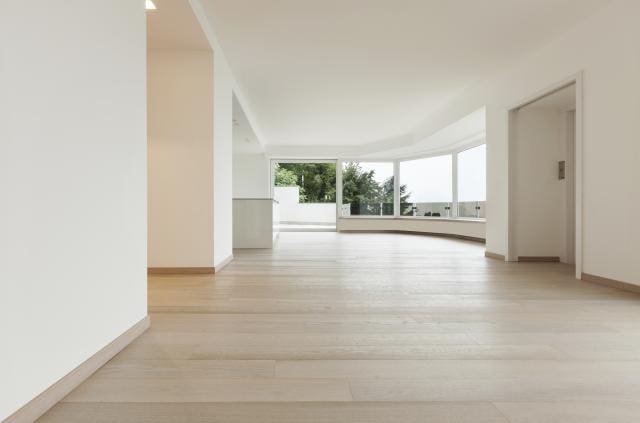Your home insurance: what’s the difference between a vacant dwelling vs an unoccupied dwelling? And why it’s important?
Keeping your broker up-to-speed with changes in your life can save you stress (and possibly money) on your insurance. If you’re a snow bird or someone who travels for work (whether back and forth to Fort McMurray or around the globe) you should let your broker know. Or if you’ve sold your home and moved into another dwelling, but have kept your previous dwelling, keeping your broker looped in will help them ensure that you’ve got the proper coverage in place with regard to your circumstances and possible risks.
What is an unoccupied dwelling?
- A dwelling you intend to return to.
E.g.: Someone who leaves their home in Calgary to spend three months in Arizona – their home would be considered an occupied dwelling. Even though they’re out of town, they still intend to return to it after the three months. (*Your home is considered unoccupied if left for longer than 96 hours.
What is a ‘vacant dwelling’?
- A dwelling whereby you have no intention of returning to (regardless of the presence of furnishings).
E.g.: If you’ve bought a second home and moved into it but still haven’t sold your first residence. Because you have no intention of returning back to the first residence, it is considered a ‘vacant dwelling’. Note: staging a home is not considered occupied and will not change that status.
Here are some steps you should take before travelling (unoccupied dwelling):
- Call your broker and advise them of your plans.
- Remember to turn water off & drain pipes.
- Do your best to make the home look occupied – have someone check your mail and shovel your walk and/or mow the grass
- Have someone check on your home daily (each insurance company has different requirement, but once a day should cover you!)
If you’re someone who does a northern commute, chances are you’re out of your home longer than 96 hours at a time. Once you’re gone longer than 96 hours, your home is considered an unoccupied property. With a work schedule and lifestyle like this, it’s probably inconvenient to turn off the water and drain the pipes every two weeks (depending on your rotation.) Also, the alternative of hiring someone to come in and check on the place can be costly. Something you may not know is that certain insurance companies will allow you to install a home alarm that has a temperature and water sensor, so you wouldn’t need someone to check on your home at all. Important to mention is that the alarm system must have a monitored call center and you should still have a local point of contact should something happen and you’re out of town.
Remember that as long as you’ve told your broker you’re away and have done the utmost to make sure your property is taken care of, you can travel without worry or concern.
Here are some steps you should take if you’ve got a vacant dwelling:
- Must obtain a “Vacancy Permit” from your insurance company
- Note: there is little coverage on the home when it is considered vacant. They would not be covered for vandalism, glass, water damage or sewer backup even if permission for vacancy has been grated (addition of a vacancy permit). And most insurance companies still require that a vacant dwelling be checked by a family member or relative at least 3 times per week.
- After a certain amount of time (e.g.: six months) an insurance company can decide whether it wants to continue coverage on a vacant home.
Insurance companies can decide not to provide coverage if you do not take the necessary means to protect your home. If you have questions, ask your broker!
Contact your Acera Insurance broker to get a quote today.

